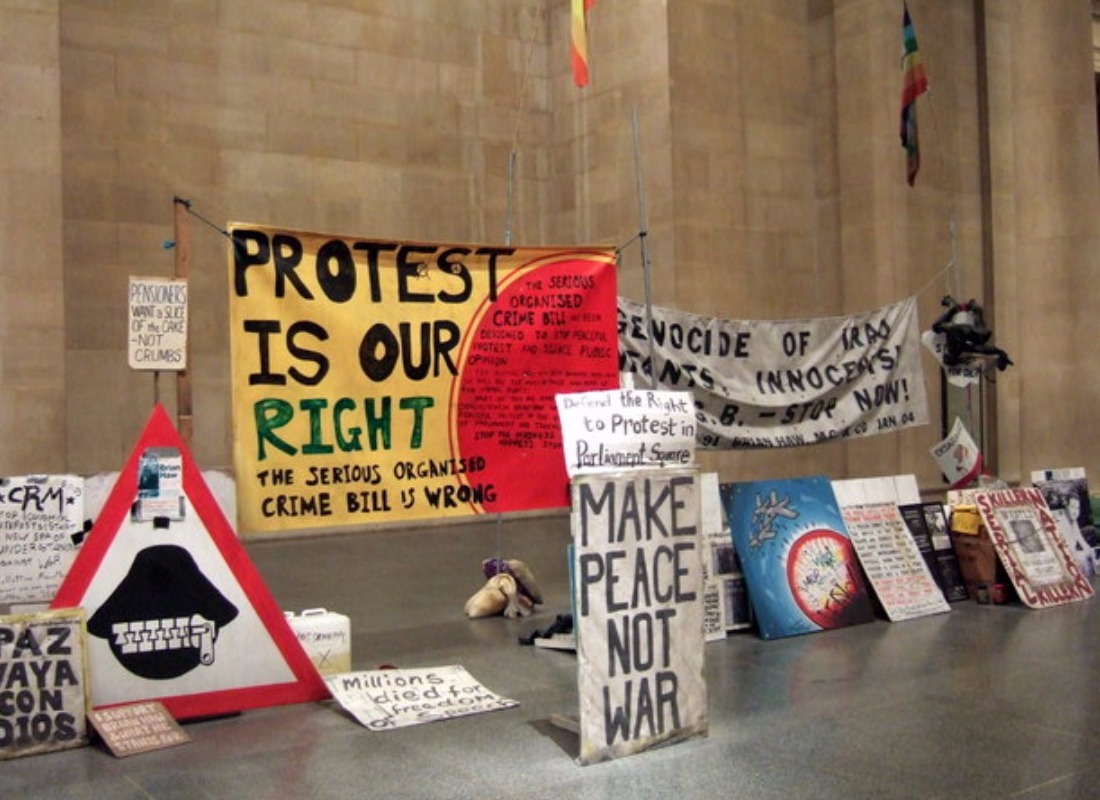
On 27 July What Next? and the Calouste Gulbenkian Foundation held a roundtable discussion to inform their current research project on the civic role of arts organisations. At this event young arts people were asked to explain what roles and functions they saw cultural organisations having for the future. YPIA was of course represented at the discussion, and had prepared a short provocation on the purpose of arts organisations, to get the discussion started:
"It is interesting looking at how arts organisations formulate their own purpose. Tate puts it as “to promote public understanding and enjoyment of British, modern and contemporary artâ€. It’s a rather classic view: we have art, and we’re going to show it. The National Theatre is “dedicated to making the very best theatre and sharing it with as many people as possible.†At least there is an audience mentioned in that one. Sadler’s Wells say “Our goal is to grow the public’s enjoyment and understanding of dance by making dance relevant, meaningful and enriching.†It starts off like Tate’s mission statement, but the last few words are crucial – they embed the art in a context that enables it to have an effect on the lives of its audience members. And isn’t that what art is about? To do something with the viewer. To touch someone somehow. And perhaps in some occasions even change somebody’s life. Finally, the Barbican’s purpose statement seems slightly better even: “we inspire people to discover and love the arts.†I think the word ‘inspire’ is very important here, because it implies they want their art to do something with people. Indeed, why show art if its audience would only shrug and walk on? That can’t be the purpose of any art organisation.
An arts organisation can inspire people in many ways – whether it opens eyes to new ideas, offers creative input for personal artistic work, or actually makes people take action and fight for certain ideals. It can be small or large, it can be instantly or over years, but an arts organisation that doesn’t make you stop and think – even if only for a split second – has missed its purpose.
And offering inspiration and new ideas is only the beginning. Successful arts organisations try to make you think about things. Even cleverer organisations make you question things. So hopefully, when you see a play about discrimination you are not only inspired by the quality of the actors, but you also start questioning inequality in your own environment. And it can be much more indirect too. The recent Botticelli exhibition at the V&A made me wonder why we actually attach so much value to his Venus figures. Is she more beautiful than others? Do we actually still find her beautiful at all? Who decides that anyway? And why are artists reinforcing that norm by copying her over and over and keeping the beauty myth alive? Art can be a great way to make (art and non-art) questions understandable and relevant. Through art you can pose questions about society, about the world, about life.
I think the real purpose of arts institutions – among many other roles that are not unimportant either – is to give audiences an opportunity to learn how to think critically. Not only critically about art, but critically about the world. Why do we do certain things certain ways and why don’t we do them differently?
We can learn a lot from the movement called Critical (or Radical) Pedagogy. It aims to give people ‘consciousness of freedom’ by teaching them how to think critically. It might require some ‘unlearning’, but it supports the idea that you are the one who decides what your norms and values are, and that you can use those to take constructive action. I think that especially with all the recent events – Brexit, terrorism, you all know what misery the past month held – being able to question ideas and trust our own judgement is what we need. We need institutions who can give us back the confidence to have a voice, to make our own decisions and to fight for our own ideals. And the art, in many ways, is a great tool to achieve that purpose."
I’ll leave you with the following question: Do you think cultural organisations should establish their own civic role or should they focus on giving people the tools to claim their civic role themselves?
If you missed the roundtable event, you can still contribute to the discussion online: @CivicRoleArts would be interested in hearing from you. You can also write a response to this provocation for our YPIA Blog, just send it to stella@ypia.co.uk. And if you want to read more about a similar roundtable event held with Ed Vaizey in December, click here.
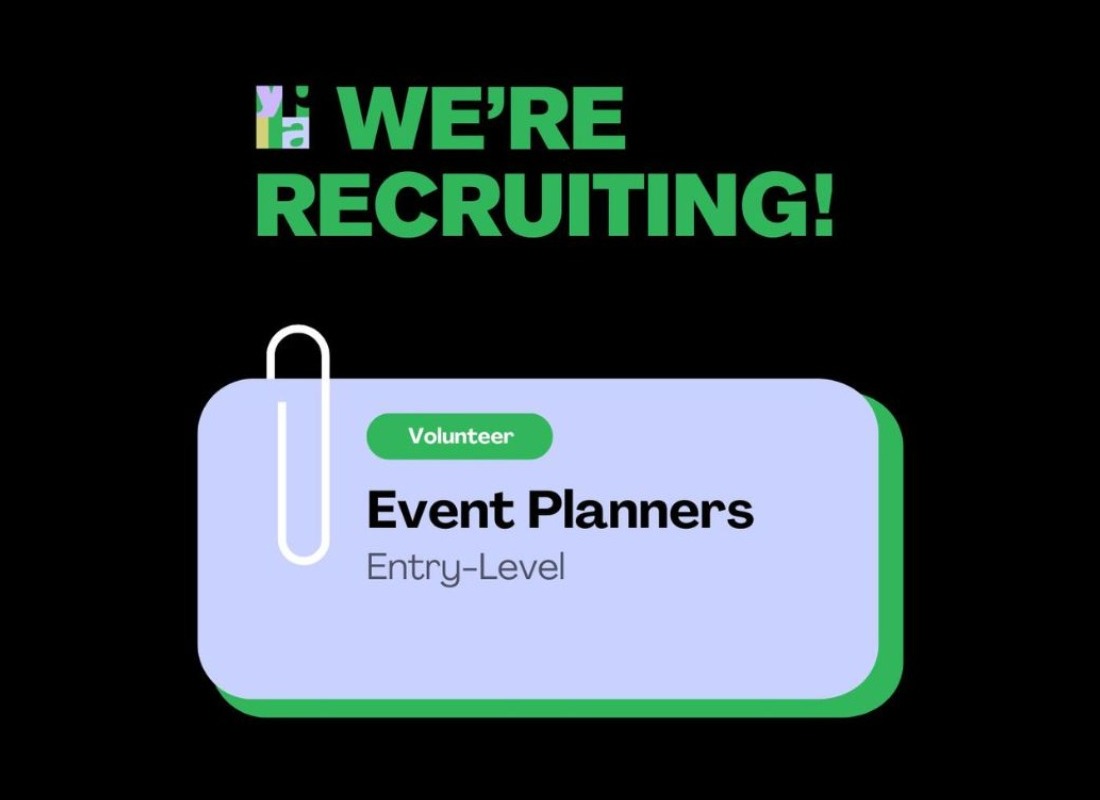
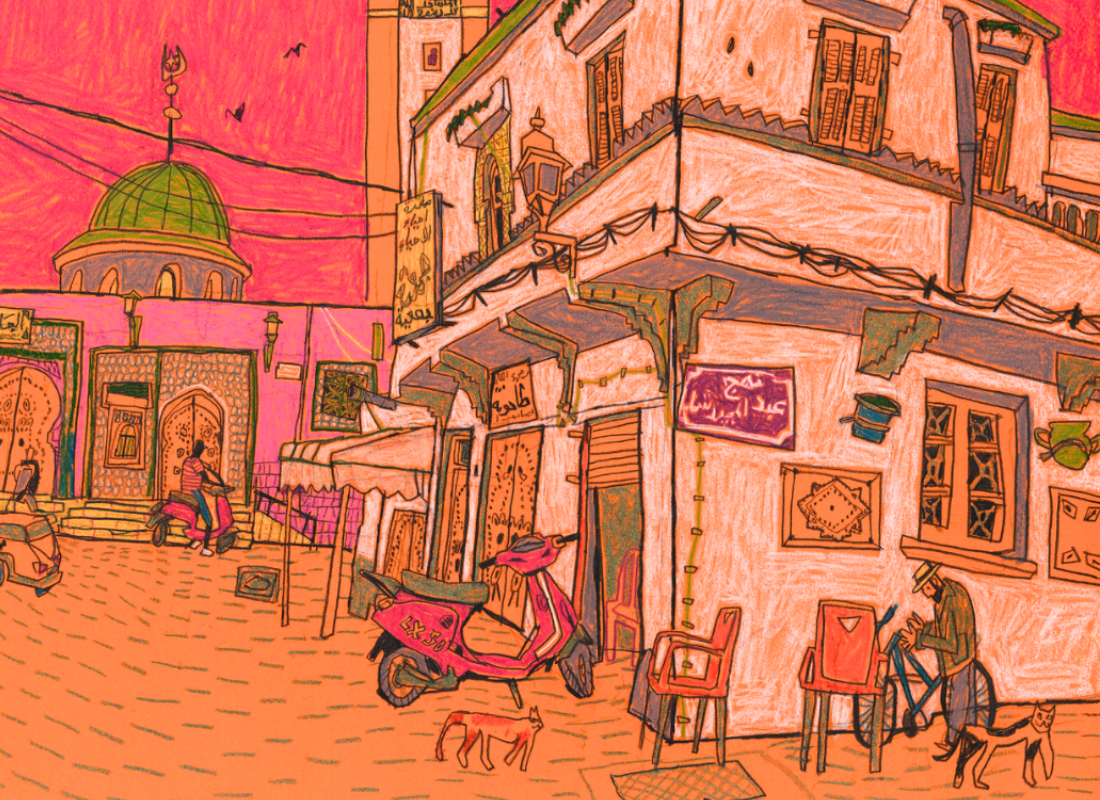
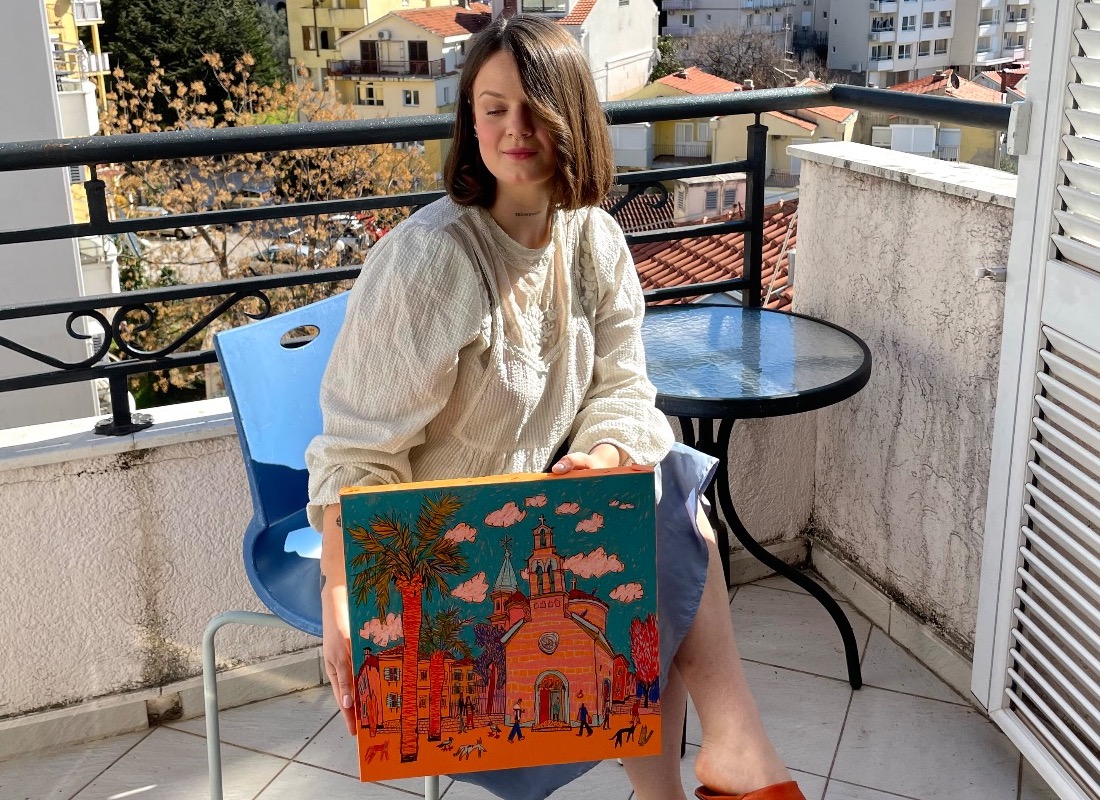
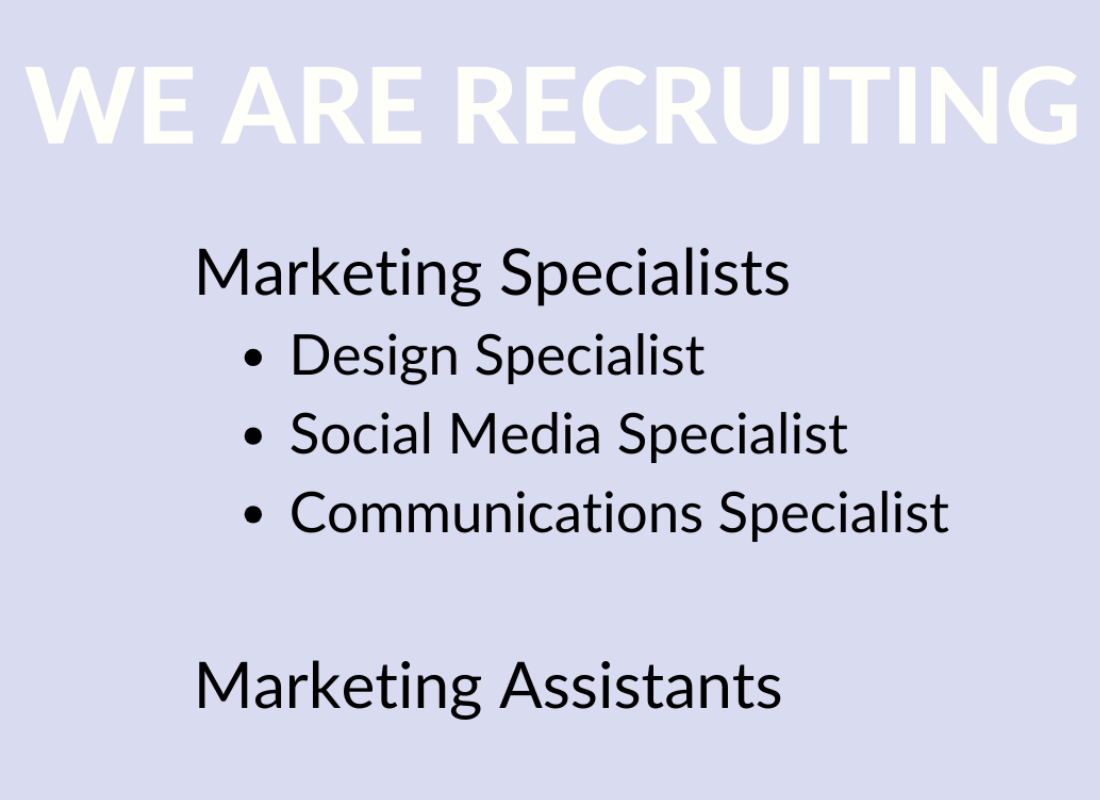
.0af71f.jpg)
.ec8cc4.png)